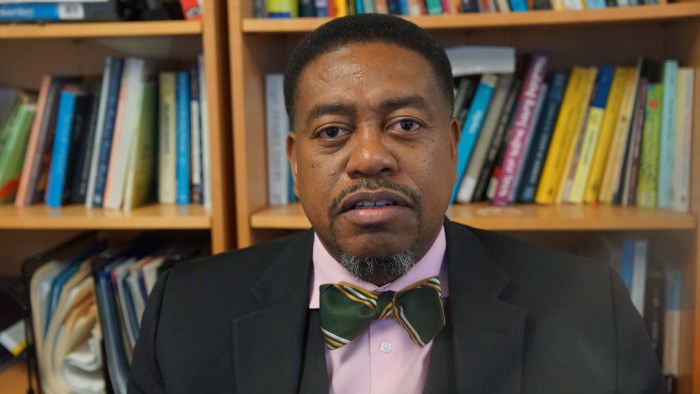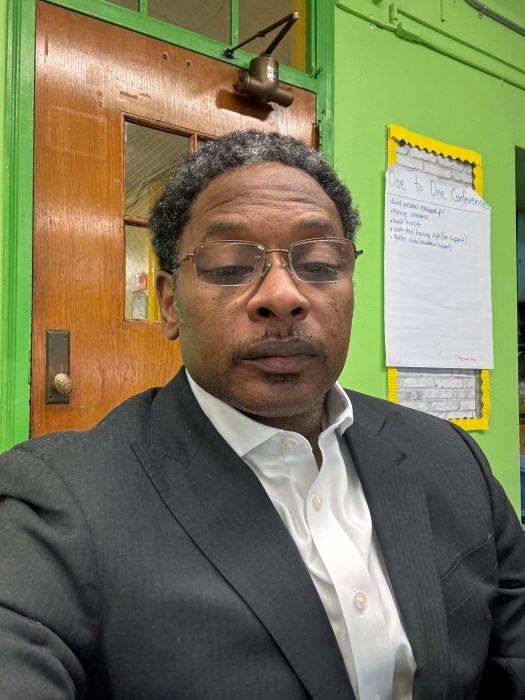Guyana’s government is expected to absorb serious political flak whenever it lays before parliament the findings of a report of a commission of inquiry into the June 1980 bombing death of a world renowned Guyanese historian and fiery opposition politician.
Dr. Walter Rodney, 37, the author of “How Europe Underdeveloped Africa” and a string of other highly acclaimed academic publications was killed when a bomb exploded in his lap while he and his quantity surveyor brother, Donald, were driving near the city’s main jailhouse.
At the time, the opposition, multiracial Working People’s Alliance (WPA) party that Rodney had helped found with other rebel academics and politicians, was on a verbally violent collision course with the then administration of Prime Minister Forbes Burnham.
Fed up with economic and other hardships in the country at the time and determined to stop the promulgation of the controversial 1980 constitution that would convert Burnham from head of government to executive head of state, Rodney did his best to mobilize the masses against Burnham. The two sides had also persistently threatened each other.
At public rallies, Rodney would talk about the need for a revolution to topple a man he had commonly referred to as a dictator. Burnham on the other hand had bragged about whose “sword is sharper” and was determined not to be humiliated by a much small political outfit.
The situation reached a head on a cool Friday night in June 1980 when a bomb, concealed in a two-way radio exploded in the car Rodney brothers were in, killing Walter instantly and maiming his brother.
The WPA immediately blamed Burnham and the state apparatus, the military included, for his death and wasted no time in pointing a finger at the Burnham administration.
In later years, the party would admit that it was stockpiling arms and ammunition to confront Burnham and the state apparatus that it was using to allegedly harass the WPA. It also has conceded that it did make contact with an army sergeant to build a CB radio network to be used for political underground activities.
Local intelligence sources have consistently indicated that the bomb was intended for the state vehicle normally used by Burnham.
That soldier, Sgt. Gregory Smith, was apparently functioning either as a double agent for the state or as Smith himself had written in a book, was contracted to make the bomb for Rodney at his request. He alleges that Rodney misunderstood instructions as to how to use the device, blew himself up and died by misadventure.
But the report by the commission, handed to the administration of David Granger in the past week, has placed blame for Rodney’s death squarely at the feet of Burnham, the state apparatus and the then governing People’s National Congress (PNC).
“Given the manner in which the country was run coupled with the threats issued by Prime Minister Burnham to the members of the WPA and the evidence of witness Mr. Robert Allan Gates, we conclude that Burnham knew of the plan and was part of the conspiracy to assassinate Walter Rodney,” the three-person commission of prominent lawyers from the Caribbean said in its 155-page report.
Apparently distracted by debate of the recently approved 2016 budget and republic day activities this week, authorities have not yet reacted to calls from the opposition, Rodney family members and civic groups to release the report but it is expected to be debated by legislators in the coming days.
“Given all the relevant facts, events and circumstances set out in the report, we unhesitatingly conclude that Gregory Smith was not acting alone but had the active and full support, participation and encouragement of, and / or was aided and abetted by the police, the military, agencies of the state and the political directorate in the killing of Dr. Rodney,” the report stated.
























